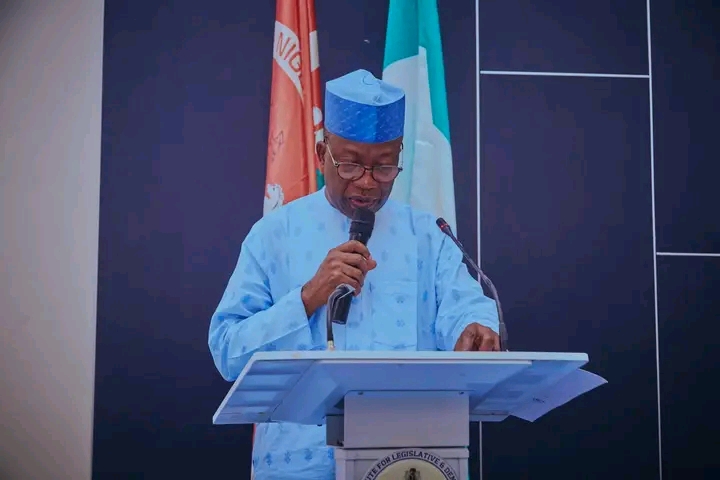By Abdul Lauya
As Nigeria inches toward the 2027 general elections, the National Institute for Legislative and Democratic Studies (NILDS) has raised alarm over persistent threats to electoral integrity and public safety, calling for sweeping reforms to curb electoral violence and malpractice.
On Tuesday, July 22, 2025, NILDS hosted a high-level Policy Dialogue on Election Security and Reforms in Nigeria in Abuja, themed: “Addressing Challenges in Securing Elections Ahead of 2027.”
The forum convened members of the National Assembly, civil society groups, scholars, security agencies, and the Independent National Electoral Commission (INEC), creating a rare platform for collaborative reflection on Nigeria’s troubled election history.
In a candid address, NILDS Director General, Professor Abubakar O. Sulaiman, proposed the creation of an Electoral Offences Commission vested with prosecutorial powers.
According to him, until electoral violence and fraud are treated not just as procedural anomalies but as criminal acts with serious consequences, Nigeria’s democracy will remain vulnerable.
“Election-related crimes must be dealt with decisively. We need to move from lamenting after the damage is done to building systems that prevent it in the first place,” Prof. Sulaiman stated.
He emphasized the urgent need for a permanent inter-agency body that includes security institutions, INEC, civil society, and grassroots actors. Such a mechanism, he argued, should oversee not only election-day logistics but also pre-election threat assessments and post-election accountability.
Analysts at the event noted that while similar proposals have been floated in the past, what gives the current advocacy more weight is its institutional backing from NILDS, a think tank embedded within the legislative framework.
With 2027 around the corner, the clock is ticking for lawmakers and policymakers to translate these proposals into actionable frameworks.
Despite the strengthening of electoral laws in recent years, incidents of violence, intimidation, and vote suppression have continued to mar elections, eroding public trust.
Experts warn that unless Nigeria decisively breaks this cycle, the 2027 elections could mirror past disappointments rather than progress.
If acted upon, NILDS’ proposals could signal a turning point, transforming elections from high-risk exercises into peaceful democratic rituals.
But as always, the test lies not in the policy paper, but in political will.


